

Far into the first season of Telltale's Game of Thrones series, one of the characters looks up to find the constellation he's been searching for right where it needs to be. There's no Tolkienesque waiting for a particular moon cycle or time of night; it's as though it never moves. It's a telling event, as much of the season is wrapped up in the same sense of inevitability. Time and time again, I tried to alter its soul-crushing scenarios in my favor through onscreen prompts and swift decisions, but my troubles seemed as destined to fall into place as those stars in the chilly skies north of The Wall. It ultimately makes for an unsatisfying overall experience despite a handful of high marks—Game of Thrones ends up being one of Telltale's weakest recent efforts.
Don't know what The Wall is? You'll need to, as this is no country for uninitiated George R.R. Martin converts. It boldly assumes you know the significance of terms like "Valar morghulis" and events like the Red Wedding. (For that matter, it assumes you know the dance of onscreen hotkey prompts for actions and timed dialogue choices common to Telltale's story adventure games.) It's a smart approach overall, as it lets the plot slip on a coat of intrigue and action immediately rather than tripping over wasted hours of exposition. What's more, it's particularly fertile ground for the introduction of entirely new characters without any connection to the HBO show that Telltale draws its inspiration from.
Enter House Forrester. An offhand mention in A Dance with Dragons technically makes them canon, but Telltale wisely uses that flimsy foundation to mold them into a notable northern house that supplies tough "ironwood" from the sequoia-like glades that surround their vaguely Viking keep of Ironrath. The art team in particular has fun with this concept with varying success. I never grew tired of the way the shadowy, wooded setting contrasted with the often barren vistas of the HBO show, and I usually admired the painterly visuals used for the backgrounds even when they clashed with the more familiar Telltale designs for the human characters.
As for the Forresters themselves? If only their characterizations were as original as their surroundings. I'm more than a little convinced I could describe them individually to a casual watcher of the HBO series and leave them thinking I was talking about the Starks. There's Forrester squire Gared Tuttle, who joins the Night's Watch and frolics with wildlings just like Jon Snow. There's a matriarch who could work as a body double for Catelyn Stark, and a young girl in King's Landing who's basically Sansa Stark with an edge. This servile mirroring of the Starks' tragic tale makes Telltale's few more-or-less original additions all the more appealing, as in the case of the Star-Lord-esque Asher Forrester and his endlessly likeable sellsword companion Beskha. Asher and Beskha's adventures hint at what could have been, but the season overall leaves a bitter aftertaste of Stark déjà vu.
This reliance on the familiar especially poses problems in the appearance of well-known characters from the series (each voiced by their HBO actors). They work best in cameo, as in the case of a tense meeting with Cersei Lannister that still makes me shudder months later. But one infamous jerkwad in particular sticks his sadistic nose into the rivalry between the Forresters and the neighboring Whitehills for several episodes, and the plot tension suffers from the knowledge that he's not going anywhere soon. He's still kicking on HBO, so no matter how cruel or disgusting he gets, I know all too well I can't end his crap with a well-timed crossbow bolt or dagger thrust.
True to expectations, it's a brutal, vicious world Telltale crafts for us here.
True to expectations, it's a brutal, vicious world Telltale crafts for us here. The great strength of the season is its method of adding a personal layer to choices that affect the lives of hundreds — something you won't get in either books or the HBO series. In theory, we're actual players in the game of thrones. It's one thing to watch or read about Ned Stark's choices and argue about what he should have done; it's quite another to discover what you actually end up doing on the spot. And true to form, the series throws some gut punches that initially left me frantically attempting to figure out what I could have done to avoid its Aeschylean tragedies.
But of course, as it turns out, not much. The cast may change, the words may shuffle, but eventually Game of Thrones succumbs to that now-classic Telltale awareness that your choices don't really matter. The tendency stings less in games like Tales from the Borderlands, but it's especially damning here as the appeal of the Forrester saga partly rises from the hope that Martin's horrors could have been avoided if we'd been in charge. That's to say nothing of the other troubles, such as two advisers so opposed that they come off as political cartoons, entire sideplots that seemingly have little import for the main narrative, and a season finale that relies far too heavily on cliffhangers and unresolved threads.
I don’t regret my time with Game of Thrones. It captures the hopelessness of the main series well (although at times it threatens to venture into parody), and in the absence of any true resolutions, I appreciate that it let me vent my frustrations by ramming Valyrian steel through the skull of an insufferable asshole with the help of the usual button prompts and arrow keys. Deep down, I want to look forward to another season. I kind of want to finally see what's so special about the North Grove. But after almost a year of misery piled on misery and after months of placing my hopes on cliffhangers that lead to nothing substantial, right now I'm convinced that winter can't come for this world quickly enough.
THE VERDICT
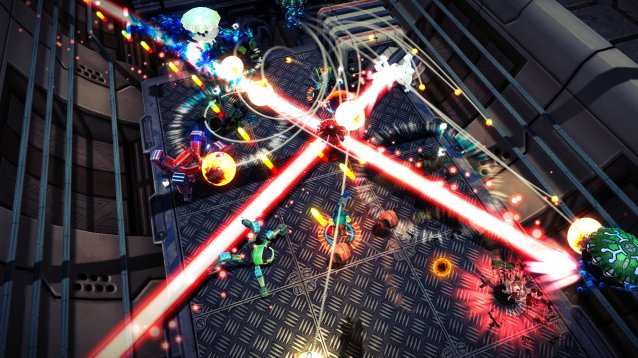
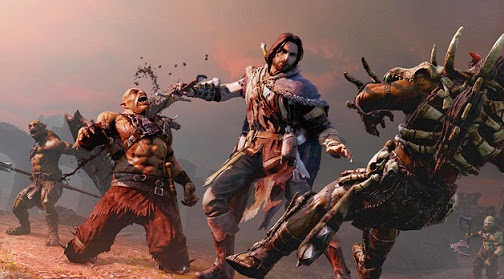

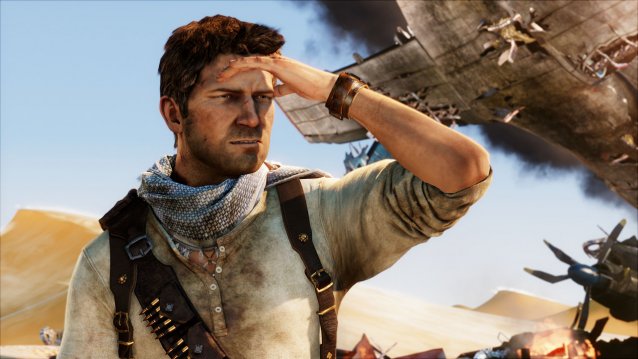 Charting New Territory in Uncharted 3: 10 Most Wanted Features
Charting New Territory in Uncharted 3: 10 Most Wanted Features Is Apple's Official Keyboard The Best Choice For Your Mac?
Is Apple's Official Keyboard The Best Choice For Your Mac? How to View & Send the New iOS 9.1 Emojis on Android
How to View & Send the New iOS 9.1 Emojis on Android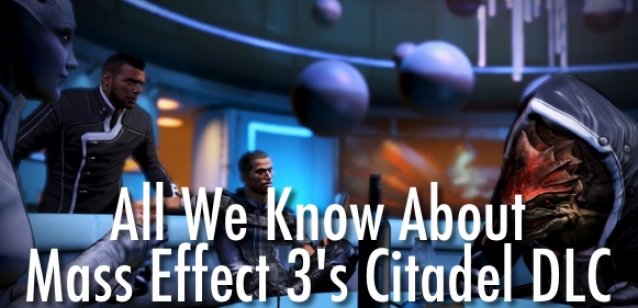 Mass Effect 3 Citadel DLC: The Official Word From Bioware
Mass Effect 3 Citadel DLC: The Official Word From Bioware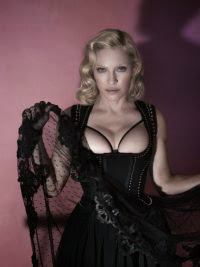 Madonna drops Iconic, Joan of Arc and Hold Tight from Rebel Heart
Madonna drops Iconic, Joan of Arc and Hold Tight from Rebel Heart